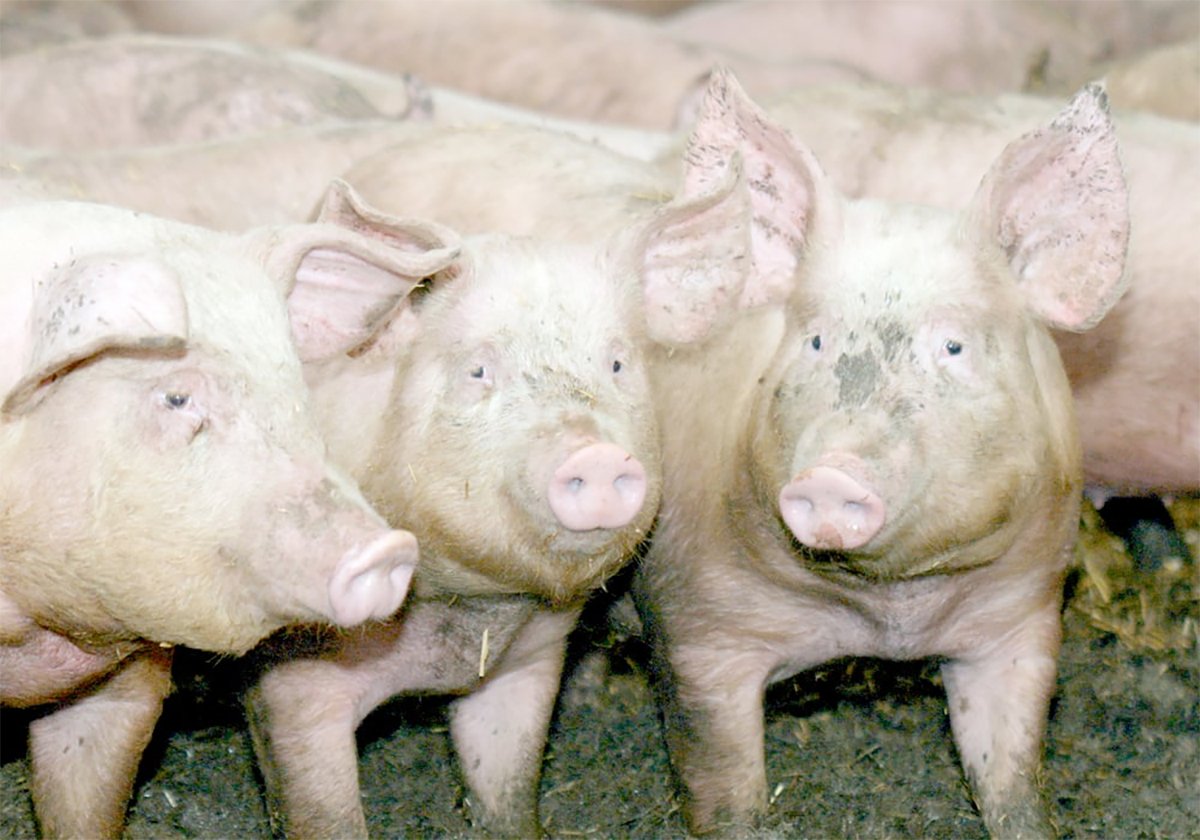The number of sheep on farms dropped in 2008, according to Statistics Canada, but the Canadian Sheep Federation president questions whether the decline is as much as the numbers indicate.
Dwane Morvik of Eastend, Sask., said he believed the numbers could be skewed because smaller producers are selling out to larger ones. Flocks are getting larger but are concentrated.
In the American Midwest the same thing is happening, he said. The flocks are growing but the overall range of sheep operation is shrinking.
As well, some people enter the business quickly and leave the same way.
Read Also

The Western Producer Livestock Report – October 2, 2025
Western Producer Livestock Report for October 2, 2025. See U.S. & Canadian hog prices, Canadian bison & lamb market data and sale insight.
“It’s easy to get started and easy to get out,” he said.
Statistics Canada surveys producers by telephone twice a year to develop its livestock estimates.
According to its Jan. 1, 2009 estimate, sheep inventory dropped to 808,200 animals from 825,300 a year earlier. In percentage terms, the decline is 2.1 percent, the smallest of the red meats.
The inventory includes 23,800 rams, 522,100 ewes, 77,900 replacement lambs and 184,400 market lambs.
Most of the sheep are in the East, where there are 489,200 head.
In the West, Alberta producers have 127,000, followed by Saskatchewan with 82,000, Manitoba 61,000 and British Columbia with 49,000.
Morvik said any decline is a concern when producers aren’t filling domestic demand.
“There definitely is room for more producers and more production,” he said.
He also noted that sheep are profitable, with recent live weight prices at $1.39 per pound. Prices are higher than last fall, reflecting a shortage of lamb.
Morvik raises sheep and cattle on his ranch.
“The sheep are making the money here.”

















